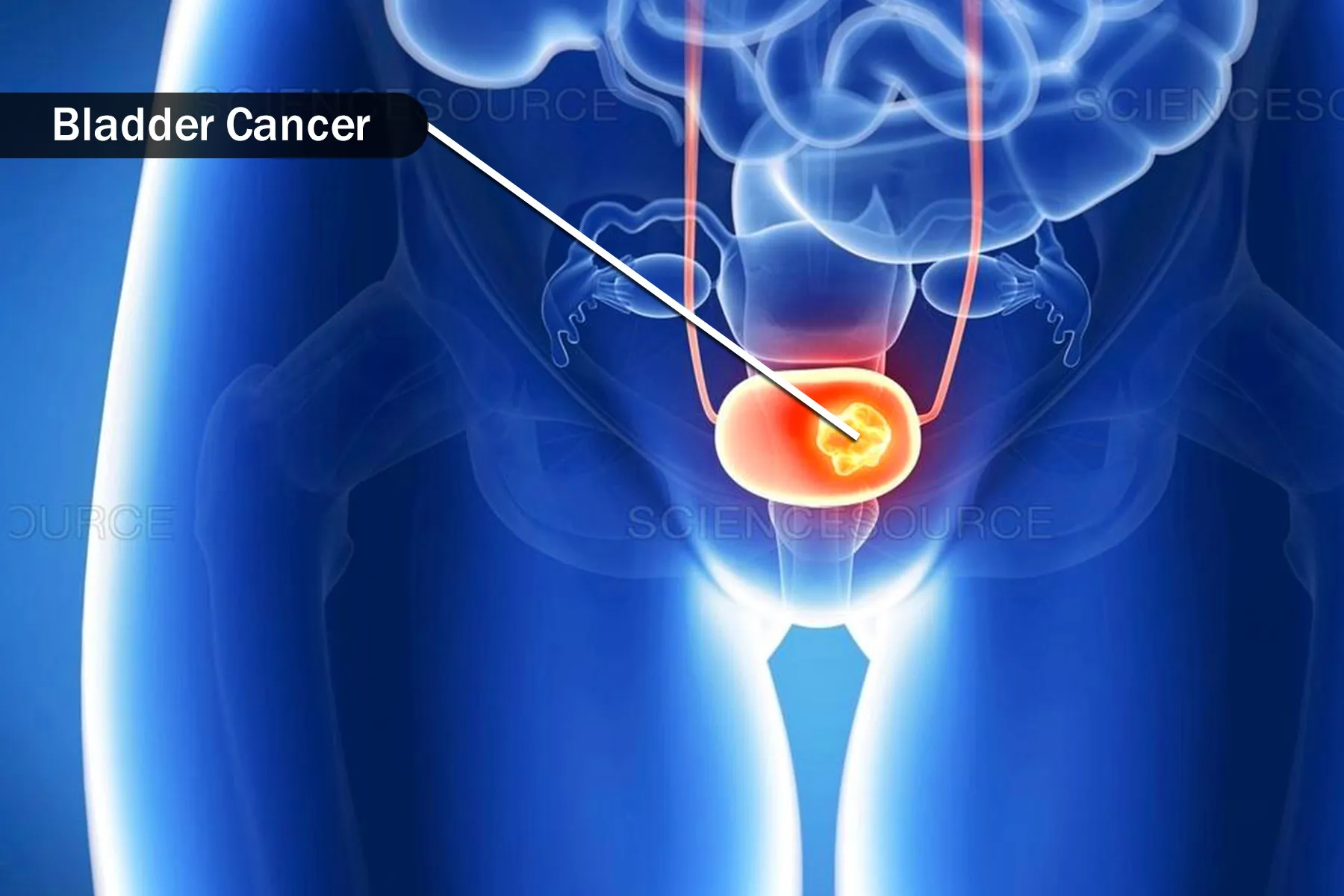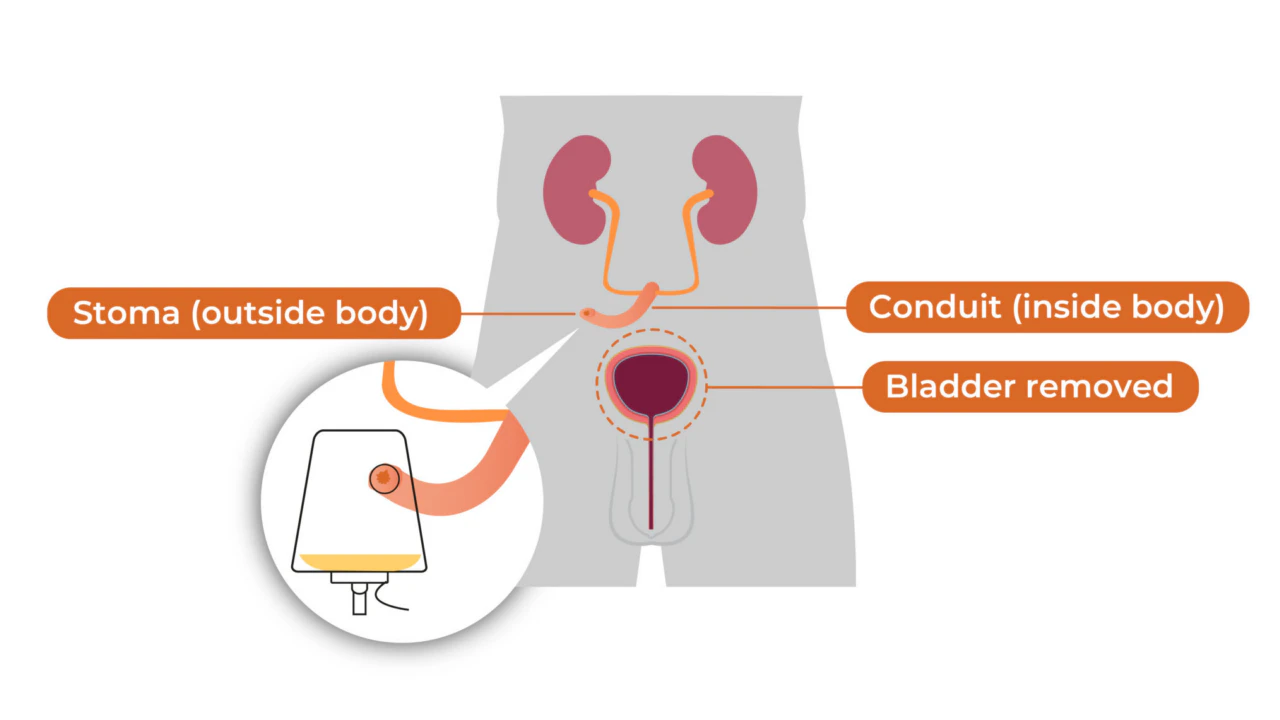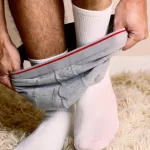
Tough Questions, Real People
Let’s get straight into it—have you ever stared at the bathroom ceiling and wondered, goosebumps rising, “Could I really keep living if I lost my bladder?” Not the usual dinner table conversation, I know. But if this question has ever crossed your mind (or you’re here for someone you love), you deserve more than textbook answers… you deserve the truth, sprinkled with hope and a little humor.
Maybe you (or your favorite uncle, or your wild college roommate) is facing bladder cancer, or some gnarly urinary condition. Maybe the C-word—can you live without a bladder—was tossed around by a harried urologist. Instantly, your brain goes wild… Life in adult diapers? No more beach trips? Endless hospital stays? Breathe. The story’s a lot bigger—and brighter—than you might fear.
Why on Earth Would You Remove a Bladder?
Alright, story time. Picture Doug Aman, a regular guy whose biggest worry was some bladder pain one summer. Then came blood in the urine, a scary diagnosis, and after six weeks of “Why me?” he found himself signing forms for a cystectomy—doctor-speak for removing his bladder at the Moffitt Cancer Center. Surgeons told him straight up: it’s the best shot at a long life. High-grade bladder cancer was the villain in Doug’s story, and just… letting it sit there? Not an option.
And bladder cancer’s not rare—about 81,000 people get hit with the news each year (research on cystectomy patients). Other folks might need their bladder taken out for relentless infections, or after a nasty accident. But let’s not get lost in the medical weeds. The point is: sometimes, life gives you lemons… and sometimes, it takes away your bladder. The question is what happens next.
Okay, But… How?! What Happens When It’s Gone?
Here’s where things get a bit sci-fi. If you’re thinking “do you just plug up the hole and hope for the best?”—the answer is nope. Your kidneys still do their thing, making urine around the clock. So, surgeons need to get creative, re-routing nature’s plumbing so you still, well, pee.
Meet Your New “Route”
So, can you live without a bladder? Yes, but there’s some impressive surgical magic involved. Most folks choose from three options:
| Urinary Diversion Style | How It Works | Who Picks It |
|---|---|---|
| Ileal Conduit | Surgeons use a bit of intestine as a passageway from kidney tubes (ureters) to a small opening on your belly (stoma). Pee drips into a pouch outside your skin. Simple to manage (Doug tried this… and eventually found a bag system that let him mow the lawn and even hike again). | Most common. Often chosen for safety, speed, and reliability, especially for folks who want the fewest steps. |
| Neobladder | A surgeon crafts a new “bladder” from your intestine, connects it to your urethra, and voila—many people can pee (almost) the old-fashioned way. There’s a learning curve though: think of it as getting upgrade software, but for your plumbing. | Those who want as close to pre-surgery “normal” as possible. MSK’s Toni Carlos went this route—and now swears she feels just as normal as before surgery (MSK quality of life study). |
| Continent Pouch | More rare, but cool: an internal reservoir is made from intestine and emptied with a catheter through a special opening. No bag outside. | Great for folks who want to skip external pouches and don’t mind using a tube. |
It’s a lot to take in, right? But you don’t have to decide alone. Your medical team will talk you through the custom options, factoring in your health, cancer status, and quirks of your own body.
Does “Normal” Life Return?
Here’s where myth-busting matters. If you’re expecting a future of watching Netflix all day, shuffling in a blue gown—stop right there. Modern studies show that you can absolutely return to nearly all the things you love.
Sure, there’s a transition. Doug, the guy from earlier, says it best: “It’s just something you get used to. Sometimes you have to do things differently…but it’s really no problem and it’s not dragging me down.” Can you live without a bladder and still play with your grandkids, travel, find new romance, even swim? Yes, yes, yes, and yes. Toni, who had her whole bladder removed before a new relationship bloomed, found herself celebrating her son’s graduation less than a year post-surgery—feeling “totally normal” again.
The Memorial Sloan Kettering study that tracked 411 patients? Within three months, most said life felt pretty close to the “old them” (research on life after bladder removal). By two years, the difference all but disappeared—no dip in joy, no massive medical disruptions, just… life, a little different.
Let’s Get Real: What Changes?
You’ll need some time to master your new routine.
- Your bathroom schedule might change—new pouch or not, you’ll plan ahead.
- Some folks need to self-catheterize. (Don’t cringe. After a bit, it’s less weird than flossing.)
- Muscles get retrained. Kegels aren’t just for Pinterest moms—they’re for you now. Strengthen that pelvic floor, and leaks become rare.
Travelling? Totally doable. Just pack extra supplies. (Fun fact: some people use “medical travel cards” to waltz through airport security drama-free.) Swimming? Yes, with bag covers. Hiking? Gardening? Even dating? All fair game.
It’s not a one-size-fits-all journey. But most agree: canine you live without a bladder isn’t about limitations, it’s about learning. And you won’t be alone—support groups are full of new friends with, let’s say, “plumbing expertise.”
How Does Sex and Intimacy Fit In?
Let’s get awkward together! You might blush, but trust me, everyone’s wondered. Body image changes after surgery, sure. But as one MSK patient said, intimacy is possible—and sometimes, relationships even deepen after going through tough times together. Some people notice changes in sensation, but many couples find new ways to connect.
If you’re on dating apps, you get to choose when or if you share. One woman from a Facebook group quipped, “The first person I told about my new bladder was my cat. He was totally unimpressed.” That’s perspective.
If anxiety about recurrence is on your mind, the answer to “can bladder cancer return after bladder removal” is nuanced—sometimes it can, so good follow-up is key. But many people stay cancer-free for the long haul. If you want to plan life for years ahead, check out the detailed advice around life expectancy after bladder removal.
Things Nobody Tells You—But Should
From Bathroom Breaks to Backyard BBQs
I remember my neighbor, a stoic Vietnam vet, telling us after his surgery, “You want to know how can you live without a bladder? With a fanny pack and a sense of humor.” Turns out, appliance suppliers have come a long way. Nowadays, most urinary pouches are slim and sturdy; you can tuck them under running shorts and no one’s the wiser.
Some people get anxious about public bathrooms—or, ugh, those pit stops at gas stations on family road trips. Pro tip: keep a mini emergency kit in your bag. And chug water (yes, still important), but space it out if you’re worried about leaks.
Certain foods might affect stool or urine odor. Don’t let shame creep in—ask your nurses for tips. You’ll soon be the person giving advice to newbies, promise.
The Tiny Surprises—And Yes, Some Hiccups
Let’s be honest, not everything’s roses. Some people experience minor infections (your care team will help with hygiene tips). For the first month or two, you might feel more tired. Sometimes, especially if a chunk of intestine is used for a neobladder, bowel movements are a little looser or unpredictable.
But here’s the gold: research on life expectancy after bladder removal shows that if your cancer is caught early, odds are high you’ll enjoy many more healthy years—enough to grow that garden, run that 5K, or take up paddleboarding (with a waterproof pouch cover, of course).
FAQs… But Let’s Call Them “Uh, What Now?” Moments
Nobody mails you a manual for living bladder-less. So, don’t be shy to ask the weird questions. Like, can you go camping, run, or travel overseas? Yep, yep, and yep.
And if you’re worrying about “can bladder cancer return after bladder removal,” stay in close follow-up with your doctor—regular scans and tests keep you safe.
Will my “new normal” ever just feel… normal? Nearly every patient survey says yes, especially if you give yourself a year or so. At the start it’ll feel weird, but soon you catch yourself mid-way through a busy day thinking, “Oh right, I’ve got that thing—but life is cruising along anyway.”
Final Thoughts—Yes, There’s Still So Much Life
So, here’s what I really want you to remember: can you live without a bladder? Short answer—absolutely. It’s not about settling for less, it’s about building a new normal with a little creativity, courage, and the right support. Real talk—It’ll be a journey, with some surprises (good and not-so-great), but you’re still you. If anything, you’ll come out more resilient, with a story others need to hear.
If you’re on the edge, scared of what’s next, you’re in good company. Folks like Doug and Toni have not just survived—they’ve thrived, tackled new hobbies, rebuilt confidence, and led genuinely happy, fulfilling lives. Finding out more—maybe chatting with support groups, or reading about life expectancy after bladder removal—might offer some hope for the future.
So, chew on this: every odd bathroom pit stop, each experiment with a new pouch, every good day and hard day, is part of a life story you get to keep writing. Reach out. Ask questions, laugh at the awkward moments, and keep your favorite mug ready for a long, healthy future.
Now, what do you think—ready to start your own chapter, post-bladder, and live it your way?


















Leave a Reply
You must be logged in to post a comment.